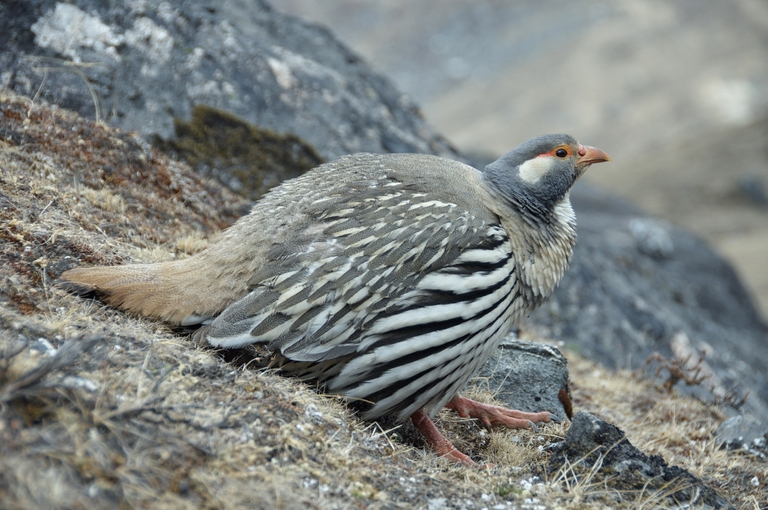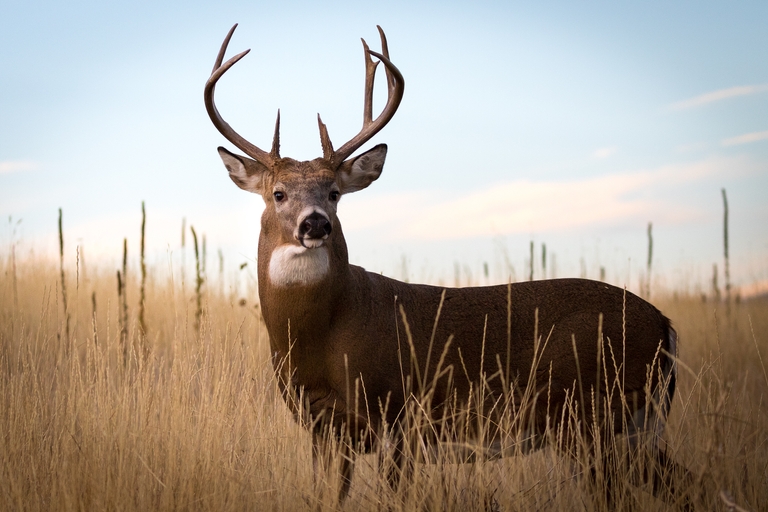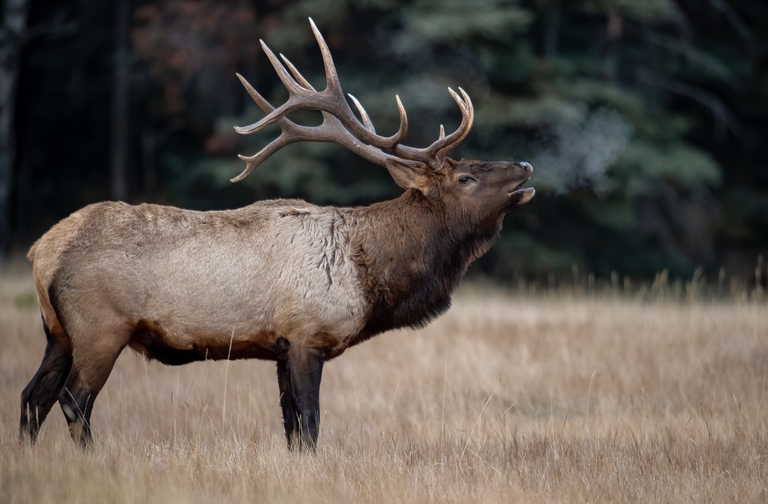Venison vs Beef: Which Is Healthier?
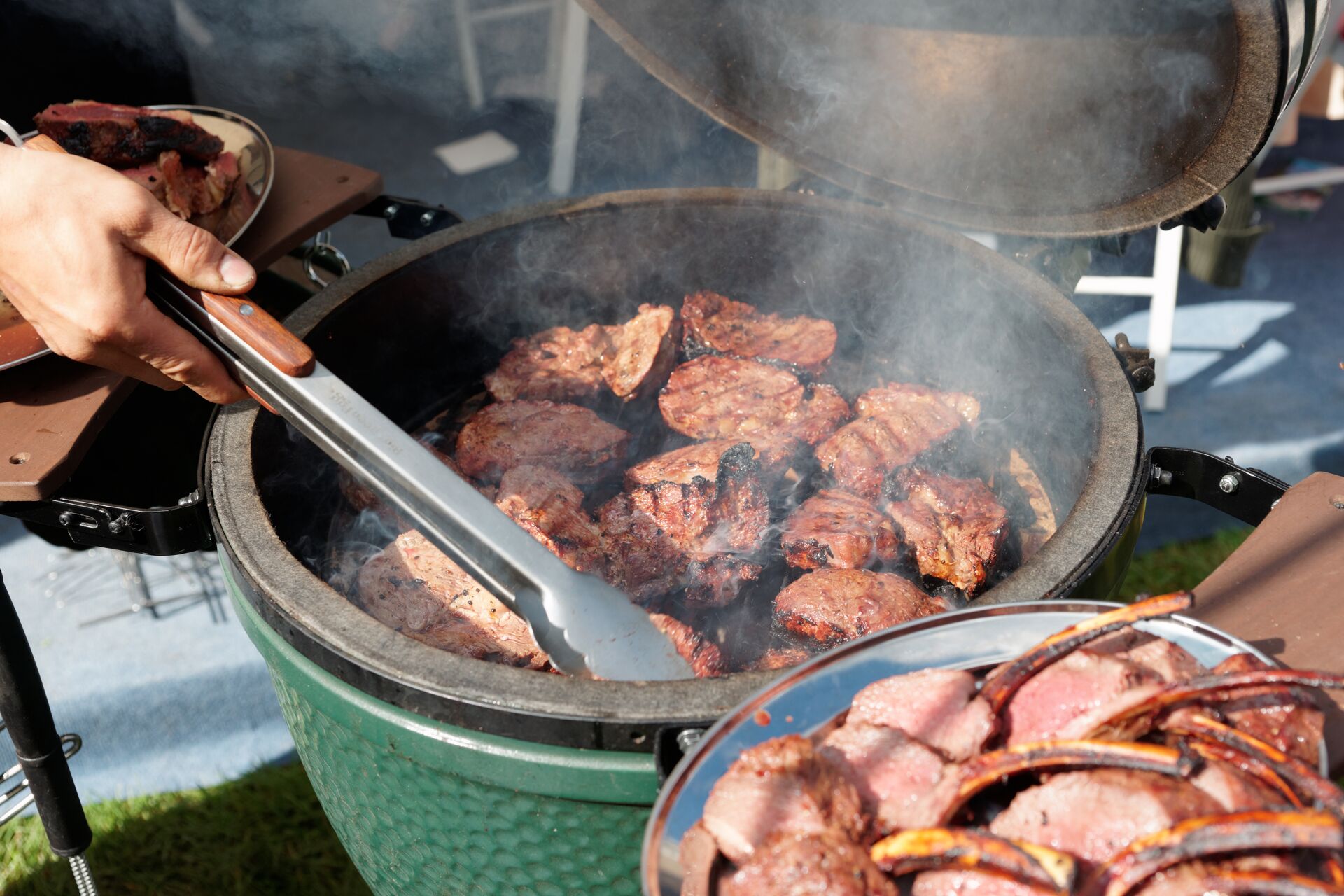
Hunting is the best way to support conservation and source sustainable meat for your family. Compare venison to beef, and you'll see why it's a healthier option.
Venison is increasingly popular with nutritionists because of its nutritional benefits, offering a sustainable alternative directly sourced from the great outdoors. It is how we feed our families after a successful hunt.
So, let's see why venison is not your average red meat.

Venison vs Beef: A Nutritional Comparison
They share some similarities, but here are some main differences between beef and venison.
Venison is leaner than beef, with less saturated fat. It's tailor-made for people to watch their calories and manage cholesterol. With a higher protein content, venison is filling and nutritious, which helps people keep their weight under control.
Venison's lower fat content and higher protein means it's good for people on a high-protein diet. Eating more deer meat helps people who need higher protein intake to keep up their energy and muscle mass.
Vitamins and Minerals
Venison is very rich in iron, which is essential for energy and preventing anemia, making it a superb choice for those needing to increase their iron intake.
Both venison and beef are packed with B vitamins like B2, B3, B6, and B12. Venison offers almost twice the amount of B vitamins, supporting nerve function and hormone regulation more effectively.
Fatty Acids and Calories
Venison has a more favorable omega-3 to omega-6 ratio than grain-fed beef, helping reduce general inflammation and supporting heart health.
Despite its higher cholesterol, venison's comparatively light fat ratio keeps calories lower. It also minimizes saturated fats, so it's great for anyone managing their cholesterol levels and sticking to a heart-healthy diet.
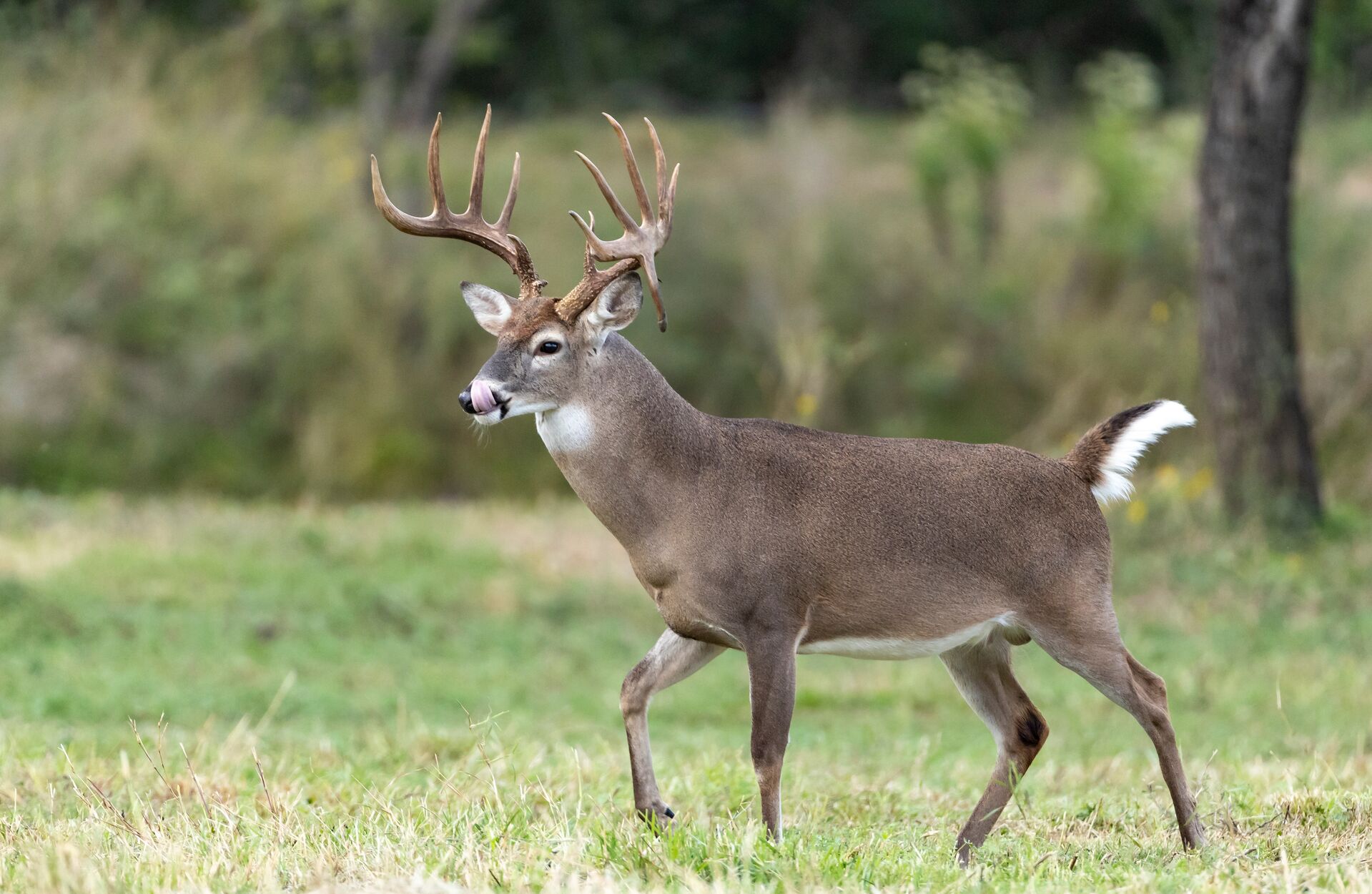
Sourcing and Sustainability
When considering different ways to put meat on your table, farming animals has a more significant impact on a local environment than sitting down and waiting for a wild animal to walk past you.
Additionally, wild venison doesn't have the hormones and antibiotics found in farmed beef. Wild game like venison comes directly from nature, so it's a more organic and natural meat source. Venison is a healthier and more sustainable option for anyone reconsidering their exposure to modern factory farming.
Hunting for venison also helps maintain healthy animal populations. State agencies manage deer populations carefully to prevent overpopulation. Hunting helps control population numbers and prevent environmental damage.
Proper management makes venison a sustainable meat source. Industrial beef production is more resource-heavy, so it has more environmental impact.
Flavor Profile
Venison is a very useful meat with a different flavor in each cut. Depending on your tastes and different recipes, you can find the best way to use each cut, but there are constants.
Venison is usually described as having a richer, more "gamey" flavor than beef, so it might take some getting used to for your friends more familiar with beef.
However, venison is a real treat for anyone who enjoys distinct and savory flavors. It's popular in dishes like stews, roasts, and sausages, where the meat's robust flavor enhances the taste.
I've found venison works great in chili, where the gamey taste complements the spices. Cutting the hams into nuggets and eating them breaded and fried is also easy and fun.
You can also use venison in many of the same dishes as beef, but it requires a different approach. It's leaner than beef, so careful cooking is needed to avoid drying out. Slow-cooking methods, marinades, and adding fats like bacon or pork fat to your ground venison can help keep it juicy and flavorful.
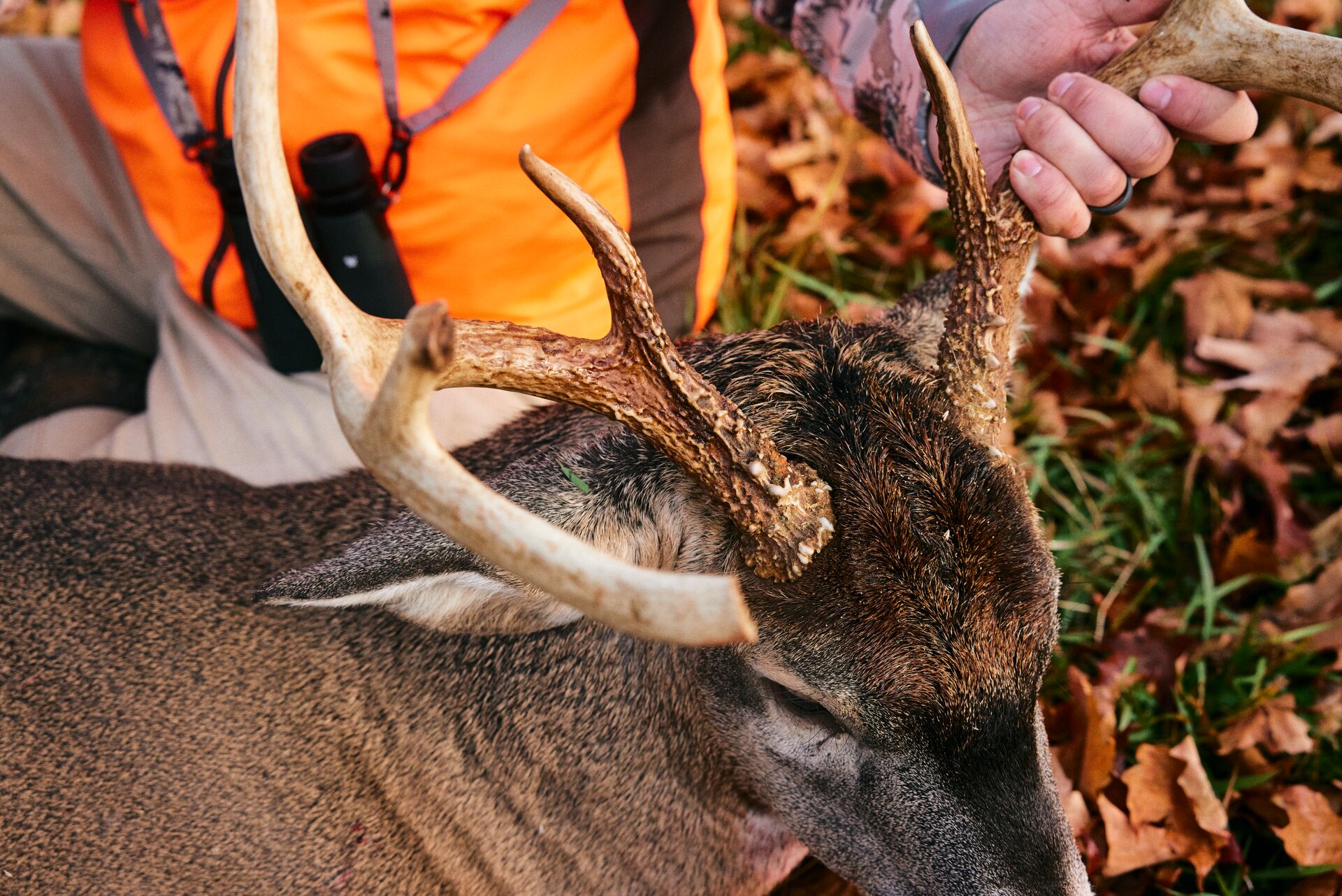
Cost and Availability
Hunting isn't always cheap, but it can be less expensive than buying high-end beef if you process the meat yourself.
Venison from specialty stores or processors can cost more. That's why learning to hunt and process your own can help.
Beef is generally less expensive and accessible in grocery stores nationwide. However, venison is less accessible to the general population and more of a specialty item, but it's worth it.
Health Considerations
Venison is typically less prone to carrying the diseases sometimes found in industrially produced beef. This makes it a safer way to avoid foodborne illnesses like E. Coli and mad cow disease.
Unlike much commercially available meat, wild venison doesn't contain additives or preservatives, appealing to those who prefer a more natural diet. Its low-fat content and high protein levels make it the perfect option for dietary plans like keto and paleo.
It's also a good fit for people who want to avoid processed or factory-farmed foods.

Hunt Safely to Enjoy More Venison
The advantages of venison compared to beef are clear. Venison's lower fat content and higher nutritional value means it's better for your family. From its nutritional benefits and culinary versatility to its lower environmental impact, venison is an excellent option for health-conscious hunters.
Are you hungry yet? Before heading out for a deer hunt, make sure you know how to stay safe when hunting. We encourage you to take a hunter safety course through Hunter-Ed to learn more about hunting safety essentials. Our online courses not only help hunters stay safe in the field, but they also meet your state's requirements for hunter education.
We hope you enjoy plenty of wild game meat this season! Find the course for your state, start learning, and then enjoy a safe hunt.

